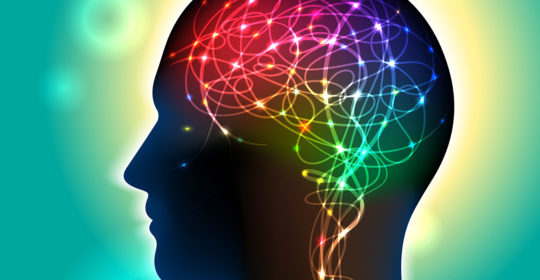
Supplements That Improve Mental Health
Choosing the right supplement for any of your needs can be a difficult process. Finding the right supplement to aid in your mental health can be an entirely different issue to tackle. There are thousands of supplements available on the market that will claim some mental health benefit.
Recent studies suggest that the best possible outcome for most of the available supplements was a placebo effect, and there was no real improvement to their mental health. However, with careful research and some forethought, you can get the most from supplements to help you with a variety of mental health conditions.
Picking Through the Research
To help clarify information for people who are managing their mental health, we have sifted through some of the medical research to help shed light on the issue. Importantly, the study suggests that while a number of the products do not actually help with your mental health, they don’t cause harm, either. In addition, the study suggests that individuals who were successful with gaining benefits from supplements were also following proper dietary guidance, and understood the specific benefits that they were looking for.
There are a variety of different conditions that people are looking for help with when it comes to their mental health. Many people felt that taking folic acid for schizophrenia or magnesium to help with depression was a standard rule. Trial studies suggest that these are simply myths, and the research shows that people who took these supplements were not receiving any measurable benefit. Some patients who took amino acid type supplements, such as NAC (N-acetylcysteine) for their depression had some minor improvements.
However, the clinical trials did not include enough patients to have any conclusive value. It is also important to note that these patients had received a clinical diagnosis and were receiving additional treatments. However, the results did indicate that there were some signs of improvement for individuals who opted to use the supplements.
One area that does show promise is the use of Omega 3’s for the treatment of depression, and even showed some improvement in the symptoms of ADHD. It is crucial to ensure that your supplement choice has actual Omega 3’s. Many supplements have been found to have less potent, or ineffective amounts of Omega 3’s than was claimed on the label.
Proper Dosage
Researchers found that if you are following adequate dosage recommendations that patients did not suffer from any adverse effects. So if you feel that your current supplement is helping, it appears that it does not hurt to continue taking that supplement. The report also states that when the supplements are taken as directed that they do not interfere with psychiatric medications. Therefore, utilizing supplements as a part of your overall treatment is a possible beneficial option.
Specific Supplements and Their Role in Mental Health
One Harvard study from 2011 suggests that folic acid is especially helpful in women who are suffering from depression. The research indicated that at a dosage of 400 micrograms per day for adults and should not exceed 1000 micrograms per day. However, this dosage information is unlikely to have any effect if it is used as your sole treatment for depression.
Gingko Biloba has been used to help increase cognitive ability and fight against the progression of Alzheimer’s disease. However, it is not sufficient for patients who have dementia-related to heart disease. Additionally, individuals who are suffering from stress have or do not have dementia have not gained measurable cognitive ability by taking this supplement.
Valerian is a supplement that is derived from the root of a particular flower (Valeriana officinalis). This approach is designed to help those individuals that suffer from anxiety or certain types of sleeping problems. This approach can be especially helpful for patients who are children or elderly due to the adverse effects on memory that are associated with sedative type medications.
Omega 3’s are naturally occurring fatty acids that are found in oil-rich cold-water fish. This supplement is designed to be used in coordination with medications for depression and has been shown to boost their effectiveness. It is important to follow dosage directions (do not exceed 3 grams per day) as it may lead to digestive issues, including gastrointestinal bleeding.
Overview
If you are considering supplements to help improve your mental health, you’ll be happy to learn that following the proper dosage will not cause harm. Unfortunately, recent studies show that most products on the market do not offer the significant benefits they say they can. It is essential to work with your mental health professional and add supplements as a part of your overall treatment, but do not treat them as a standalone cure.
